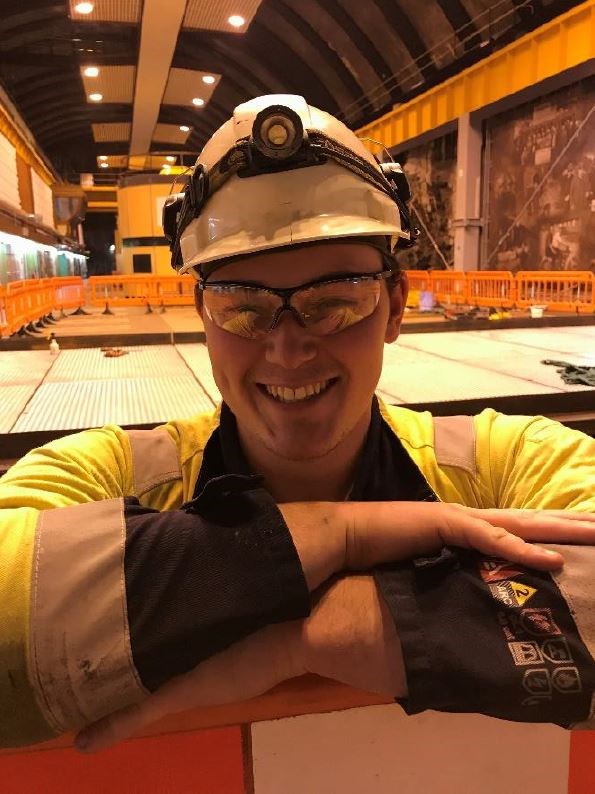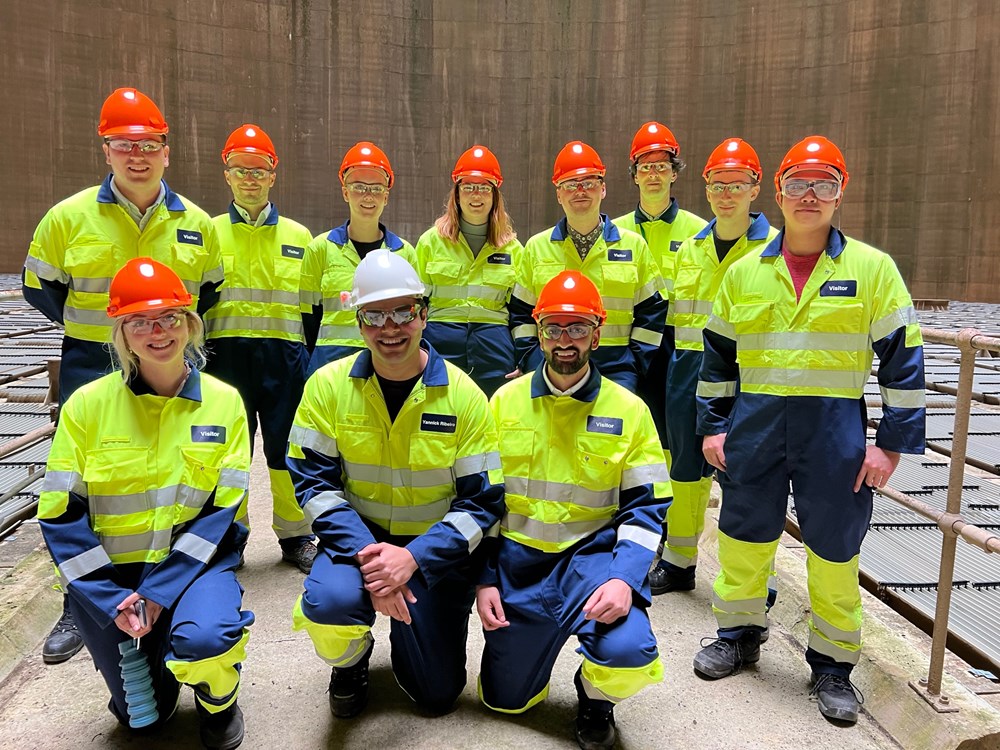Hands-on learning at Drax
Meet Ross, find out how he's been supported to learn new skills with dyslexia in his apprenticeship at at Drax Power Station

What do you do? Tell us about your job:
I am now in the 3rd year of my apprenticeship, and I’ve learnt a lot along the way. I’m loving working for Drax at their Cruachan site and there’s lots of opportunities here for me to develop my engineering skills.
My first year was spent in the workshop at the training provider EKTGA in Glasgow, however my National Certificate was delayed for a year, so that they could identify a suitable college to deliver the theoretical part of my apprenticeship and provide me with support for my dyslexia. The Highlands and Islands college were excellent as they had smaller class sizes and I was supported in the classroom and whilst undertaking tests.
At work, read write technology has helped me write up my practical learning.
I have no regrets in choosing the apprenticeship route and I’m thrilled with the level of support I’ve been given.
Why did you decide to do an apprenticeship?
I decided to do an apprenticeship because I felt university would prove difficult to get the required level of support for my dyslexia and I would struggle with the self study element of a degree.
Initially I was reluctant to apply for an apprenticeship and decided to stay on at school and do a further year studying engineering. At this stage a felt more confident to go into the world of work and applying for an engineering apprenticeship.
How did your apprenticeship help you?
Doing an apprenticeship has helped me to progress with a career in engineering in a way in which I can have a more hands-on approach to my learning. By getting additional support, at both college and in the workplace, the apprenticeship route has worked well and I’m now in my 3rd year, having gained my National Certificate and I am now working towards the SVQ elements of the apprenticeship.
For those with severe dyslexia like myself, apprenticeships, as they have heavily focused on the practical application of skills and knowledge, are the best way to learn.
You do also need the support of your employer and a good college to provide additional time and resources to ensure the theoretical element of an apprenticeship can be learnt.
